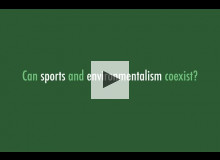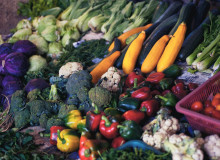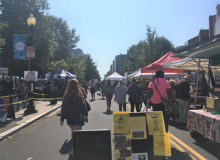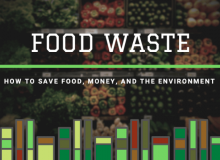Green Communities
It takes a village. Or a city. Some PF Member ideas for turning whole communities green.
Worcester Polytechnic Institute
A short story about sea level rise and flooding in East Boston.
SUNY College of Environmental Science and Forestry
Intentionally developing place connections will allow us to create environmental actions that are community-driven.
The George Washington University
With the top 200 stadiums in the U.S. drawing nearly 181 million visitors annually pre-COVID, this placed a large strain on energy demands, water systems, and emitted gross amounts of greenhouse gases.
The George Washington University
To lower their environmental impact, restaurants are transitioning their operations to be more sustainable and climate friendly.
George Washington University
100 community scientists flood Houston streets to track where it's the hottest in hopes to inform climate mitigation plans.
Planet Forward Correspondent | University of San Diego
The cornerstone of the 2021 regional plan is the “5 Big Moves”: Five overarching strategies to change the way San Diegans use transit — but these are contingent on a willingness to change the way they commute.
University of Wisconsin-Madison
Organizations in Madison, Wisconsin, focus on community-based solutions to improving food access during the COVID-19 pandemic and beyond.
Planet Forward Correspondent | George Washington University
Deemed essential services, D.C. farmers markets have remained open since the outbreak of the COVID-19 pandemic – but in order to keep vendors, staff and customers safe, markets have had to make sudden changes.
George Washington University
A seminar in Stockholm, which aims to be fossil fuel free by 2040, had this student examining the culture and lifestyle that has a much smaller emissions footprint per capita than we do in the United States.
Featured Contributor
Nearly a third of food is wasted at the household level and that eats into our own finances while damaging the environment. How can we fix this?










